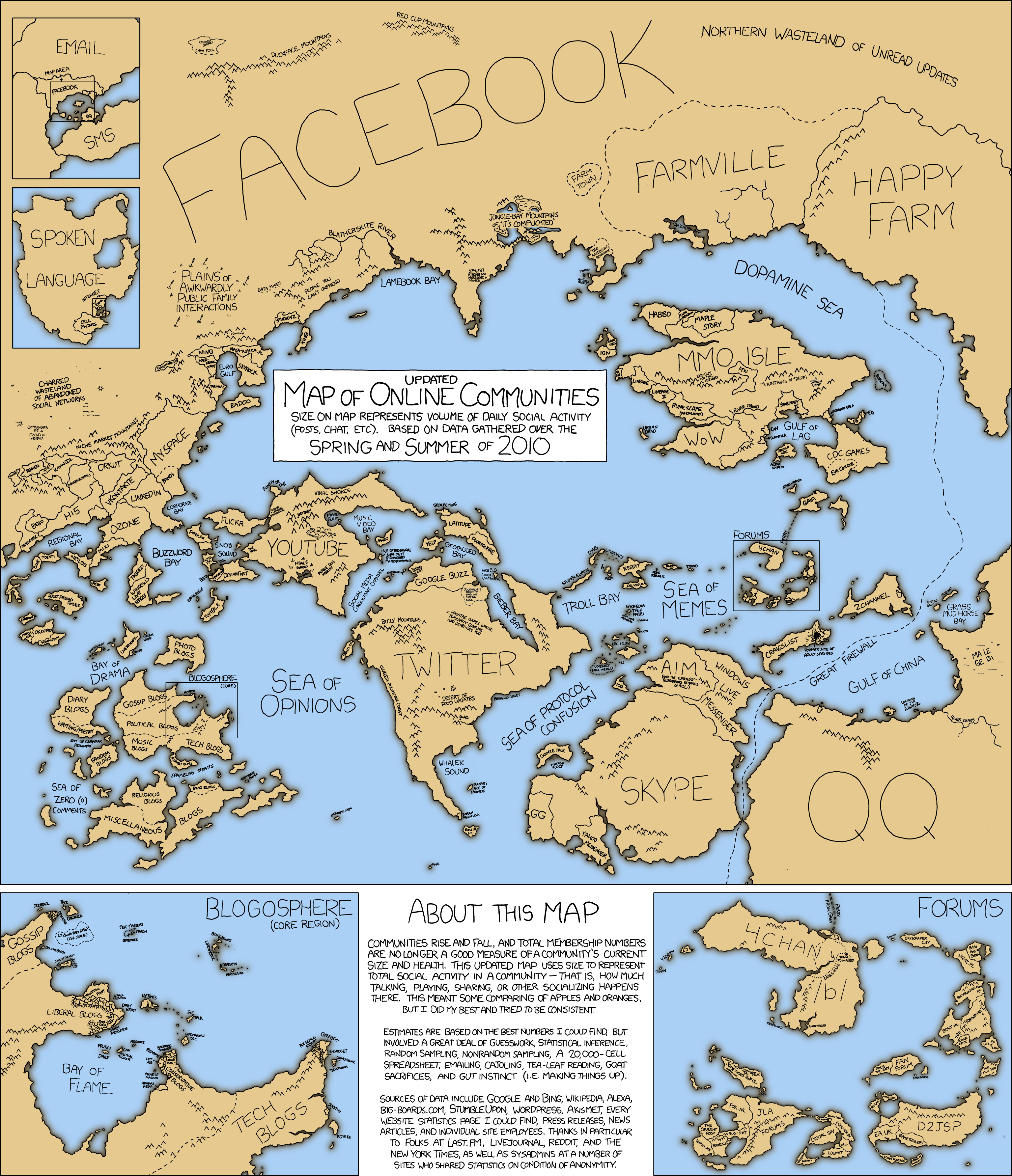Tuesday, October 19, 2010
"Google accidentally mapped much more than addresses, says privacy boss"
http://www.thestar.com/business/article/877850--google-accidentally-mapped-much-more-than-addresses-says-privacy-boss
Entrepreneur Takes On Apple And Wins $625 Million Read more: http://www.businessinsider.com/entrepreneur-takes-on-apple-and-wins-625mm-2010-10#ixzz12
Google, Facebook To Microsoft’s Paul Allen: Your Argument Is Invalid!
http://techcrunch.com/2010/08/27/paul-allen-google-faceboo/?utm_source=feedburner&utm_medium=feed&utm_campaign=Feed%3A+Techcrunch+%28TechCrunch%29
""Patent #682 “Alerting Users to Items of Current Interest.
“Defendant Facebook has infringed and continues to infringe one or more claims of the ’682 patent. Facebook is liable for infringing the ’682 patent under 35 U.S.C. § 271 by making and using websites and associated hardware and software to provide alerts that information is of current interest to a user as claimed in the patent.”“Defendant Google has infringed and continues to infringe one or more claims of the ’682 patent. Google is liable for infringing the ’682 patent under 35 U.S.C. § 271 by making and using websites and associated hardware and software to provide alerts that information is of current interest to a user as claimed in the patent.”"
Monday, October 18, 2010
HyperMac stops selling magsafe connectors
Sunday, October 17, 2010
Court says University sanction over Facebook postings violated Charter
Map of Online Communities - updated 2010!

I remember seeing something like this map a long time ago, and I just stumbled upon this brand new updated version from summer 2010! Enjoy. This map is based on activity levels, as supposed to number of users, (which would probably explain why Farmville is so friggin huge, it's probably used for hours on end by many people, while twitter is only accessed maybe 3 times a day for an average user? Same with 4chan's prominence among forums, maybe it's the type of thing people spend long hours on? internet addiction?) You also have to wonder about possible bias towards North American / English language activities (although there is China's "QQ" messenger, and "Euro Gulf")
My Highlights:
• Shaq in the Twitter territory
• "Former site of adult services" in Craigslist territory (crater)
• Myspace's huge importance for bands, music videos' prominence on Youtube
• "Web 3.0 (under construction)"
• "Sea of Protocol Confusion"
• Sarah Palin USA's proximity to Russia
• "Catbus Route" on the 4chan island
• Bieber Bay!
Amazing.
Saturday, October 16, 2010
New US Internet Censorship bill
This article is even more relevant to our fellow American 430'ers - but can touch us all as we all use youtube and similar services on a regular basis.. This bill could effectively overturn the recent supreme court decision that prevented Viacom from removing clips of their shows from youtube.com...
"Stop the Internet Blacklist
By David Segal and Aaron Swartz
When it really matters to them, Congressmembers can come together -- with a panache and wry wit you didn't know they had. As banned books week gets underway, and President Obama admonishes oppressive regimes for their censorship of the Internet, a group of powerful Senators -- Republicans and Democrats alike -- have signed onto a bill that would vastly expand the government's power to censor the Internet.
The Combating Online Infringement and Counterfeits Act (COICA) was introduced just one week ago, but it's greased and ready to move, with a hearing in front of the Judiciary Committee this Thursday. If people don't speak out, US citizens could soon find themselves joining Iranians and Chinese in being blocked from accessing broad chunks of the public Internet.
COICA creates two blacklists of Internet domain names. Courts could add sites to the first list; the Attorney General would have control over the second. Internet service providers and others (everyone from Comcast to PayPal to Google AdSense) would be required to block any domains on the first list. They would also receive immunity (and presumably the good favor of the government) if they block domains on the second list.
The lists are for sites "dedicated to infringing activity," but that's defined very broadly -- any domain name where counterfeit goods or copyrighted material are "central to the activity of the Internet site" could be blocked.
One example of what this means in practice: sites like YouTube could be censored in the US. Copyright holders like Viacom often argue copyrighted material is central to the activity of YouTube, but under current US law, YouTube is perfectly legal as long as they take down copyrighted material when they're informed about it -- which is why Viacom lost to YouTube in court.
But if COICA passes, Viacom wouldn't even need to prove YouTube is doing anything illegal to get it shut down -- as long as they can persuade the courts that enough other people are using it for copyright infringement, the whole site could be censored.
Perhaps even more disturbing: Even if Viacom couldn't get a court to compel censorship of a YouTube or a similar site, the DOJ could put it on the second blacklist and encourage ISPs to block it even without a court order. (ISPs have ample reason to abide the will of the powerful DOJ, even if the law doesn't formally require them to do so.)"
